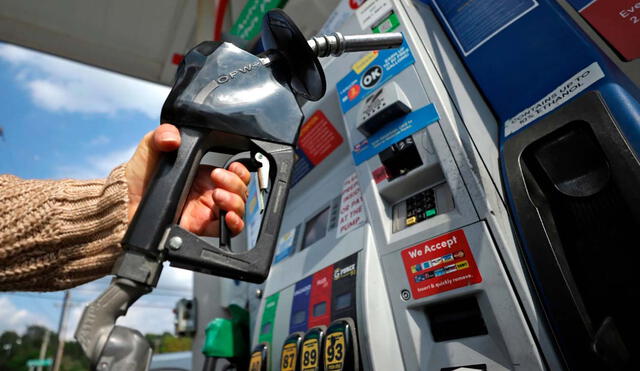Could electric vehicles in California lead to the end of gasoline taxes? Here's what you need to know
California is considering a significant change in its approach to funding road maintenance as the state evaluates the potential elimination of its gasoline tax in response to the growing number of electric vehicles.

California, often referred to as the "Golden State," is known for having some of the highest tax rates in the United States. However, the state government is considering eliminating a specific gasoline tax in response to the growing number of electric vehicles on the road.
The state is exploring the possibility of replacing this tax with a Road Charge, aiming to improve its revenue collection system. Under this new proposal, a fee would be based on the miles driven by California motorists, allowing the state to charge per mile rather than per gallon of gas or general fuel consumption.

ALSO SEE: Trump Administration eliminates 20,000 federal health jobs in effort to "Make America Healthy Again"
What will happen to gasoline taxes in California?
According to the California Department of Transportation (Caltrans), residents with gasoline-powered vehicles currently pay around $300 annually in state fuel-related taxes. However, with the rise of electric and zero-emission vehicles, California lawmakers have raised concerns that this model may become unsustainable, as it could fail to generate sufficient funds to maintain the state's road infrastructure.
California currently has the highest gas tax in the nation, set at 59 cents per gallon. This tax revenue helps fund millions of dollars for road repairs and maintenance.
Gasoline taxes: The primary funding source of Caltrans
For years, the gasoline tax has been the primary funding source for the California Department of Transportation, according to the latest report from the National Association of State Budget Officers on public spending. However, recent data shows a decline in revenue from this tax.
In 2024, electric or zero-emission vehicles made up about a quarter of car sales in California. Legislative analysts estimate that if the state meets its climate goals, gasoline tax revenue could drop by $5 billion (64%) by 2035.











